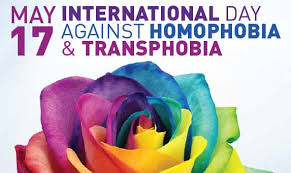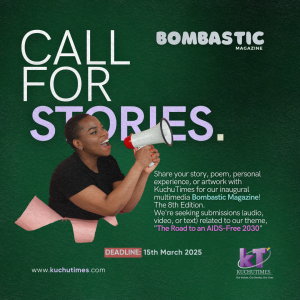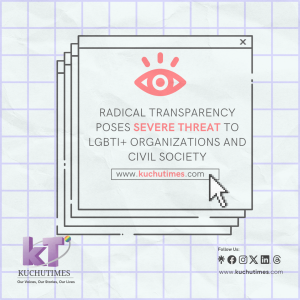STATEMENT ON INTERNATIONAL DAY AGAINST HOMOPHOBIA, BIPHOBIA AND TRANSPHOBIA 2017
International Day against Homophobia, Biphobia and Transphobia could arguably be one of the most significant events commemorated by the LGBTI community worldwide. This day re-emphasizes everything we fight for and believe in- the need and right for everyone to be who they are without being subjected to hate, prejudice, cultural and societal norms or discrimination.
This year the theme for IDAHOBIT globally is FAMILY and Uganda will focus on ‘Diversity and Family’ but what is family? For so long, families have been viewed in the traditional sense as being either nuclear or extended. These more traditional structures construct a family image of the mother, father and their children forming the nucleus (nuclear family) with grandparents possibly extending such a nucleus.
Families can be broader- our society can be our family, our friends are our chosen family, our leaders and communities can and should be our family; by virtue of being African, the notion and belief in UBUNTU urges us to all be family. But how is this possible to believe when we are tearing one another apart simply because we are different? How do we live happily and communally as a family when most look at us as handicapped or even insane simply because we do not adhere to what they have been taught to believe is normal?
We have been shunned by our families for our sexuality; many have been forced to leave home and live as though they have no families, many have been subjected to corrective therapies. How do we change this? How do we get our families to walk with us on this journey of self discovery and self acceptance and have them embrace our differences?
Granted, many parents feel uncertain when they learn that their child is gay. They are unsure how to react. And they don’t know how to support their child. Sadly, many resort to extreme measures that alienate them from the child they should be trying to protect and help through this rather confusing time. Very few families take the time to learn how to support their gay or transgender children and maybe if they realized that their words and actions have a powerful impact on their LGBT children’s survival and well-being, they could support them on this journey.
To be able to embrace our diversity and difference, families must realize that they can support their child’s LGBT identity even when they feel uncomfortable or when they think being gay or transgender is wrong. In fact, research has shown that, most parents, families, and caregivers that have been open to hearing their children out and receiving the right information have become less rejecting and more supportive of their LGBT children. Education, accurate information, and peer support help parents and families deal with their concerns and learn how to help their children and themselves.
Worldover, LGBT young adults whose parents and foster parents support them have better overall health, and mental health. They also have higher self-esteem and are much less likely to be depressed, to use illegal drugs, or to think about killing themselves or to attempt suicide. LGBT youth who are accepted by their families are much more likely to believe they will have a good life and will become a happy, productive adult.
It is possible for every family to learn how to deal with and support their LGBTI identifying child regardless of ethnicity, culture or religious beliefs. Allow the young person to talk about their LGBT identity, to let them talk about what their life is like without interrupting or judging or punishing is one of the ways that could, even though difficult, provide some insight into what struggles self acceptance brings with it.
So, as we celebrate our efforts to entirely get rid of all phobias associated to LGBT persons, may we remember that our families have a responsibility to trek this journey with us, may we be more open minded to reaching out to them and providing the right information as well as demystifying all the beliefs that have been embedded in them by society culture and religion but most of all, may we continue to hope that they will be willing to embrace our efforts and respect who we are.




